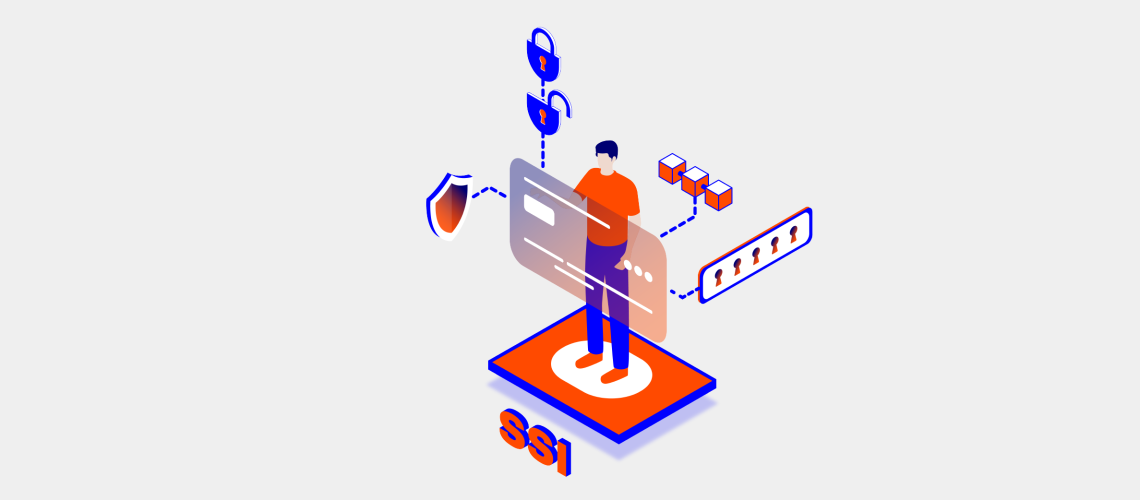
You’ve heard of blockchain, crypto, and NFTs. The next buzzword coming at you is self-sovereign identity.
What does it mean? Why does it sound like a social revolution’s coming? That’s because a revolution is happening – sort of.
With blockchain making it possible to disperse assets and data in a trustless system, individuals can break away from state-controlled currencies and centralised institutions. It’s only a matter of time before this technology lets us take back control of information about our digital identity.
Self-sovereign identity refers to the idea that we are in complete control of how information about us is being used. This can be applied to a variety of things such as login credentials, personal data, and content.
Some in the blockchain community believe that for self-sovereign identity to thrive, a network has to abide by ten principles, namely: independent existence, control, access, transparency, persistence, portability, interoperability, consent, minimalisation, and protection.
There are many ways that the self-sovereign identity approach can enhance and protect our digital lives. Here’s one example:
| Current scenario | Web 3.0 scenario |
| When you log in to Facebook today, the platform has complete control over your data and how it is being used.
This can mean tracking, analysing, and predicting your behaviour so that they can share findings with advertisers to feed you with targeted promotions. |
You won’t need social media accounts to establish a digital presence.
Instead, you can simply create a digital profile on blockchain that contains your credentials and other personal content, giving you the liberty to provide or deny access to your personal information, however and whenever you want. |
The concept of self-sovereign identity can come into practice through blockchain, mainly because of the technology’s ability to decentralise data storage and management, provide autonomy over assets, and offer direct access.
A self-sovereign identity approach to digital living will also give individuals an opportunity to have complete control over their security as they venture into the metaverse and other Web 3.0 developments, where cyber threats continue to evolve.
What is the metaverse? A virtual world where people perform a variety of operations, tasks, or functions.
What is Web 3.0? It can be considered an amalgamation of multiple ideas and technologies such as blockchain, cryptocurrency, metaverse, artificial Intelligence, machine learning, and augmented or virtual reality.
As previously mentioned, blockchain technology provides opportunities for us to lead a self-sovereign life on the internet. Here are four ways:
Decentralisation
You will be the only guardian of your information, controlling it wherever you go on the internet, be it an exchange, an NFT marketplace, or the metaverse. Central servers will not store your information.
Monetisation
You can make money directly off your content. For instance, YouTube currently pays content creators based on its parameters and metrics. In Web 3.0, you will decide on the price, your audience, the validity of your content, and the nature of numerous other parameters you prefer.
Freedom of expression
With nobody controlling your content, you have more freedom to post whatever content you like, subject to blockchain algorithms. Content hosting sites will not be able to delete your content or censor it, giving you greater freedom of expression.
Metaverse-ready
With complete control of your identity, you can remain verifiable anywhere in the metaverse. Whether you’re playing games, selling NFTs, accessing decentralised finance services, or safely attending virtual events like concerts, fashion shows, or conventions.
In the world of Web 3.0, centralised organisations may become a thing of the past and no longer act as the “landlord” of our identity, data, assets, and security. With the right tools and infrastructure in place, self-sovereign identity can create a safer environment and keep cyberattacks at bay.
The team at UKISS Technology is developing a secure infrastructure that will allow individuals to lead a self-sovereign digital life. Explore how we plan to make this a reality in our White Paper.